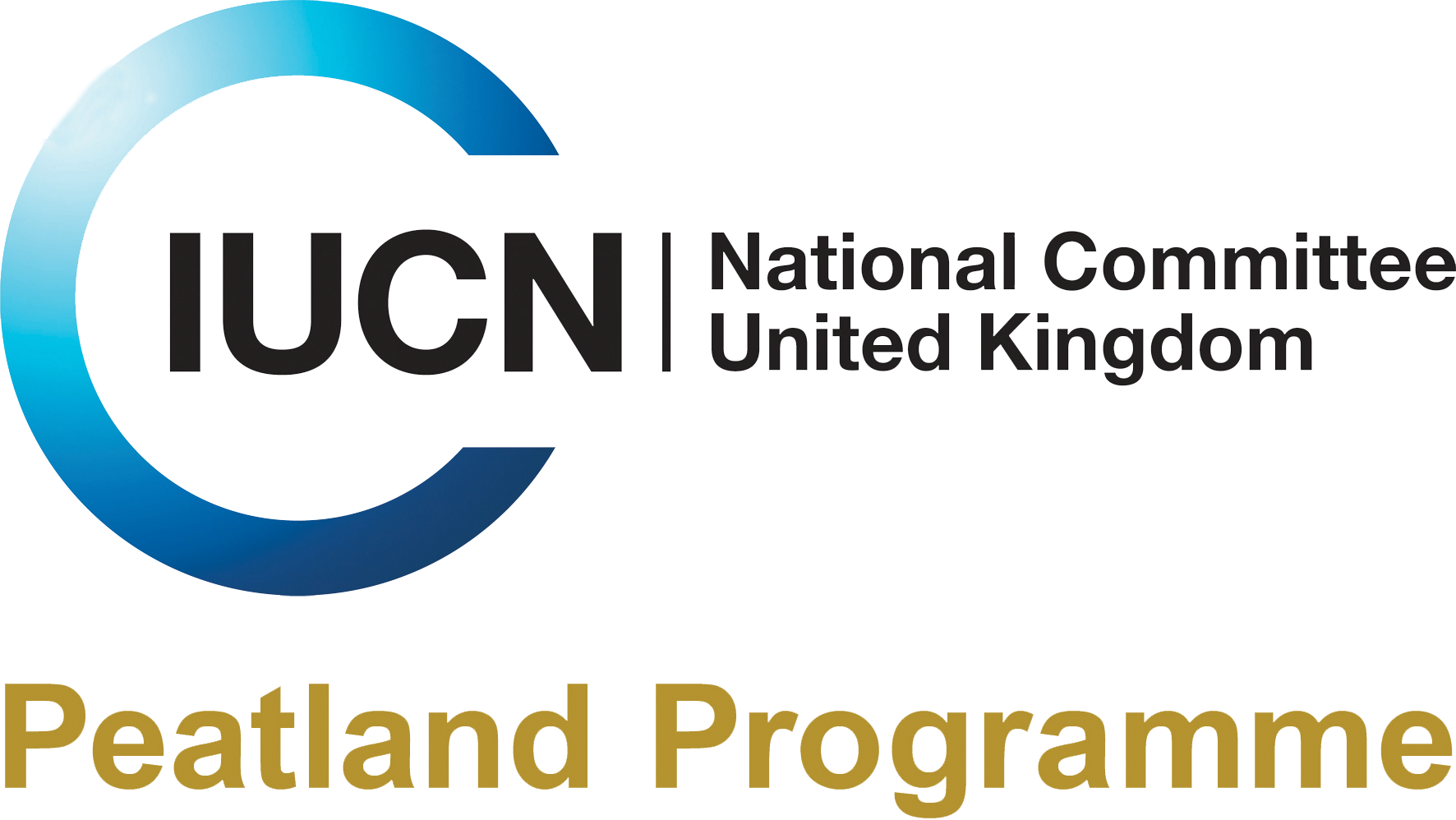A peatland restoration project at Bwlch y Groes on the edge of the Snowdonia National Park is the first of its kind in Wales to be completed with the benefit of carbon funding, following validation under the Peatland Code.
Thanks to funding by the Welsh Peatlands Sustainable Management Scheme, a project led by the Snowdonia National Park Authority, and in conjunction with the Roberts family who have farmed at Pennant Farm, Llanymawddwy for several generations, the 66 hectare peatland restoration project has been successfully completed.
Restoration works to re-profile and block the extensive hagg and gully complexes across the site were carried out by experienced peatland contractors throughout winter 2020-21. It is estimated that over the next 35 years, the restoration of the site will halt the loss of 2,335 tons of carbon emissions equivalent, which roughly equates to the amount of carbon dioxide generated from burning 632* household tanks of oil.
As well as halting the loss of carbon from the site and protecting the significant store of carbon in the peatland, it is anticipated the restoration works will have wide-spread co-benefits as such improved water quality, steadier water flow, increased biodiversity, and improved habitat conditions for freshwater invertebrates and birds. The site sits within the Berwyn and South Clwyd Mountains, which is one of the largest areas of upland heath in Europe and is the most important upland area in Wales for breeding birds, including a wide range of internationally important species.
